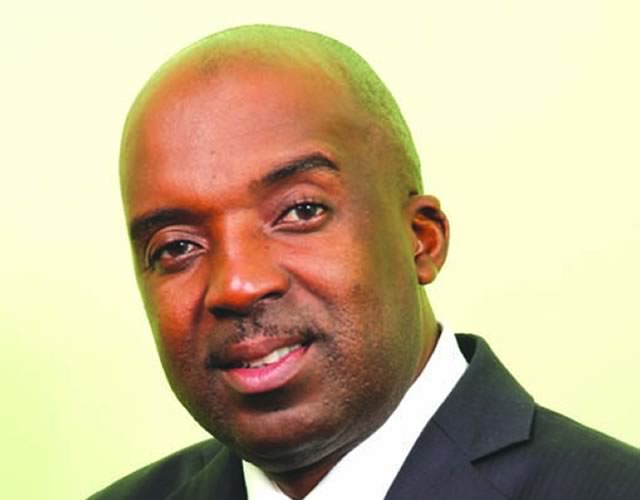
THE Ministry of Health and Child Care says the government is not ready to subsidise medical costs and the National Blood Transfusion Services (NBTS) to ensure people have free blood in cases of emergency.
VENERANDA LANGA SENIOR PARLIAMENTARY REPORTER
Health and Child Care deputy minister Paul Chimedza told the Senate on Thursday that as the new Constitution stipulated that no persons should be refused emergency medical treatment, treatment would be administered, but the person billed later.
Chimedza was responding to a question by Bulawayo Metropolitan Senator Matson Hlalo, who wanted to know why some medical institutions still demanded cash upfront at emergency units and what the ministry was doing to ensure hospitals adhered to what was stipulated by the Constitution.
“Yes, it is a constitutional right that everyone should be treated, especially on emergences, which is government policy for both private and public institutions,” Chimedza said.
“That being the case, we only provide things that we can afford to provide. Nothing in the health care is ever free. It will be free for people, but it is a cost to government.”
He said if blood was not charged, it would also put a strain on the NBTS which required money to do tests on the blood it received and storage purposes.
“Most people in emergences require blood. The situation at the moment is that we have NBTS that requires a budget of $6 000 000 every year for them to provide blood for free. However, for the past year they have been in government they have not received that money,” Chimedza said.
- Chamisa under fire over US$120K donation
- Mavhunga puts DeMbare into Chibuku quarterfinals
- Pension funds bet on Cabora Bassa oilfields
- Councils defy govt fire tender directive
Keep Reading
“So, we have two choices; to get the blood that is left and give everyone for free and close the NBTS or we can make sure that the blood that is there is paid for and ensure the NBTS remains open.”
According to Chimedza, currently a pint of blood costs $180 and government could only afford free blood for mothers delivering at hospitals.
“Because of scarce resources we cannot do that for everyone. We are coming up with alternative ways of raising money for blood,” he said.
“We have engaged a number of private partners that we are working with to raise at least half of that money [$6 million] so that if people get blood, it should be for $10 or $20 and it should be affordable to our people. Those in emergency situations will be admitted, treated and the institution will follow up the money as long as that life has been saved.”











